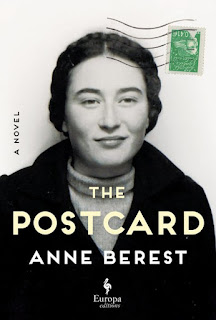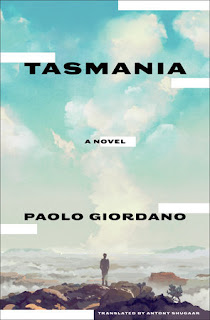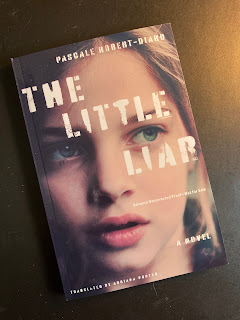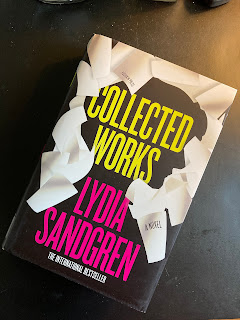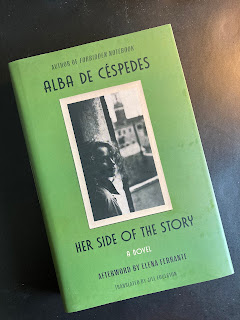We would not be who we are today without the calamities of our yesterdays. (p.38)
Knife, by Salman Rushdie, was surprisingly accessible to me because Midnight’s Children was somewhat of a challenge. I am neither a writer, nor a victim, but I have been greatly intrigued by his account of being stabbed on August 12, 2022, in Chautauqua, New York. Rushdie’s life was irrevocably changed; for one thing, he has not been able to see out of his right eye since.
But, that doesn’t mean he has lost his insight. Using his fondness for free association, he draws connections that are not readily apparent. Take, for example, the description of his attacker:
My Assailant, my would-be Assassin, the Asinine man who made Assumptions about me, and with whom I had a near lethal Assignation…I have found myself thinking of him, perhaps unforgivably, as an Ass. However, for the purposes of this text, I will refer to him more decorously as “the A.” What I call him in the privacy of my home is my business.
This is such beautiful alliteration, sentences that I would love to show the students in my class if I was still teaching. There are many more passages throughout this book which made me pause and stick a flag onto the page I was reading.
Taking us back in time, before the knife attack, but after the coronavirus onslaught in 2020, he and his new wife, Eliza, go to Italy.
Italy felt like a miracle, wrapping us in an old friend’s warm embrace.
“Of course!” I say in my heart. “That’s exactly what Italy does!”
And, I’m intrigued by the way he extrapolates on the usage of a knife. A wedding knife, he writes, is part of a ritual which joins people together. A kitchen knife is an essential part of cooking, and a Swiss Army Knife is a helper.
Language, too, was a knife. It could cut open the world and reveal its meaning, its inner workings, its secrets, its truths. It could cut through from one reality to another. It could call bullshit, open people’s eyes, create beauty. Language was my knife.
As he slowly begins to recover from the brutal stabbing, Salman Rushdie contemplates the meaning of freedom.
I was in no state to talk about freedom. It was a word that had become a minefield. Ever since conservatives started laying claim to it (Freedom Tower, freedom fries), liberals and progressives had started backing away from it toward new definitions of the social good according to which people would no longer be entitled to dispute the new norms. Protecting the rights and sensibilities of groups perceived as vulnerable would take precedence over freedom of speech, which the Nobel laureate Elias Canetti had called “the tongue set free.” …The First Amendment was now what allowed conservatives to lie, abuse, to denigrate.
It is hard for me not to take offense at Rushdie’s intense scorn for those who don’t adhere to his political persuasion. I have thought a lot about the paragraph above, gaining a fresh perspective towards what Rushdie calls the “perceived vulnerable,” and resentment that he believes conservatives “lie, abuse, and denigrate.”
I cannot imagine a more appropriate city for Salman Rushdie to admire than New York. He described himself as a city boy, and where else, besides Los Angeles, could such a liberal person be content? He explains the joy of coming home, watching the World Cup on television, and finding the “news better in many ways. (Not the real news, which was full of insane gun violence and equally insane Trump and Trumpublicans, as usual.)”
He feels free to criticize conservatives, which he does liberally throughout the book, as any man without a strong faith would do. But, I don’t call him a Demonrat. I read his book, open to his ideas and compassionate about his suffering. Many of his observations I found powerful and brilliant. Yet I close the book knowing that I could never recommend it to my book club. There is too much political fodder to be thrown about, which is not nearly as interesting, to me, as recovering from an attempt on his life.
“Words are the only victors,” he writes. It is a lovely thought for writers and readers, alike. But, words are what Rushdie believes in, whereas I believe in the Lord. And therein lies our ideological difference, like a knife which divides.










